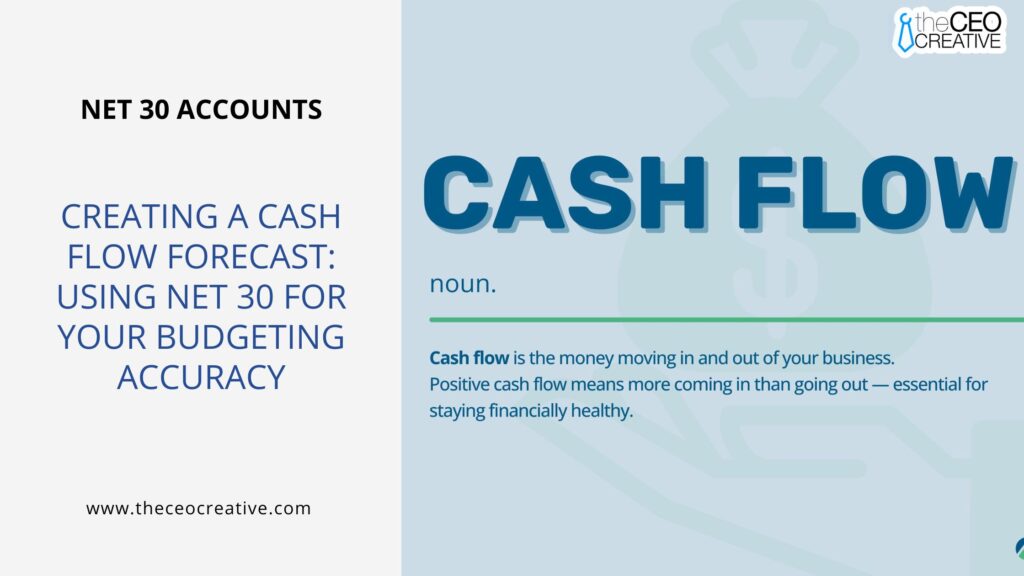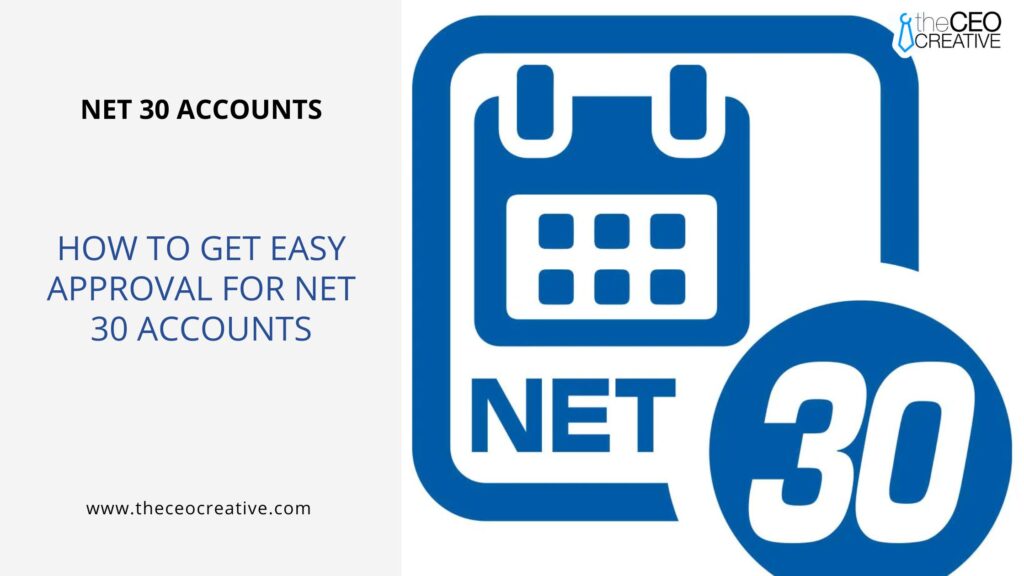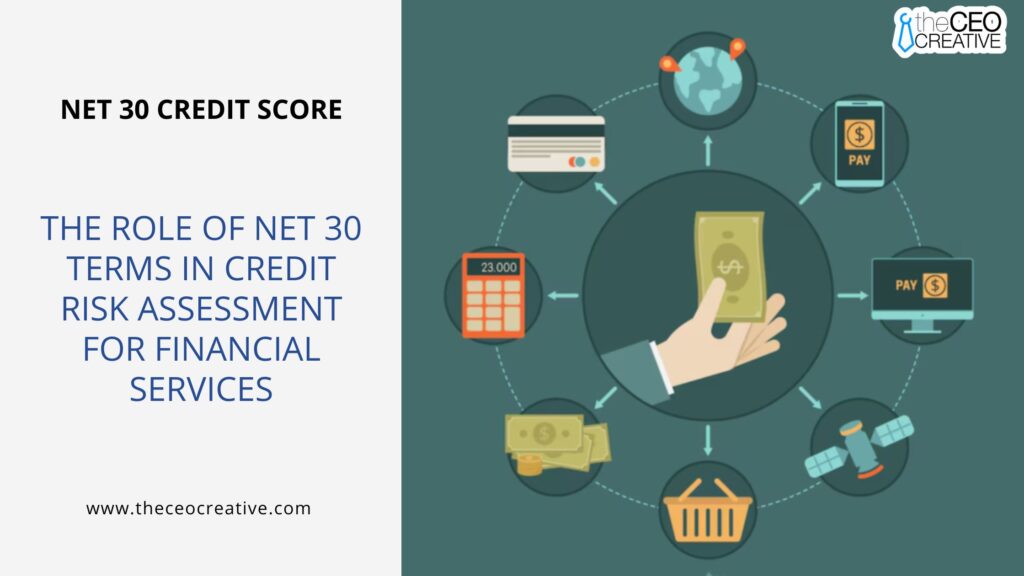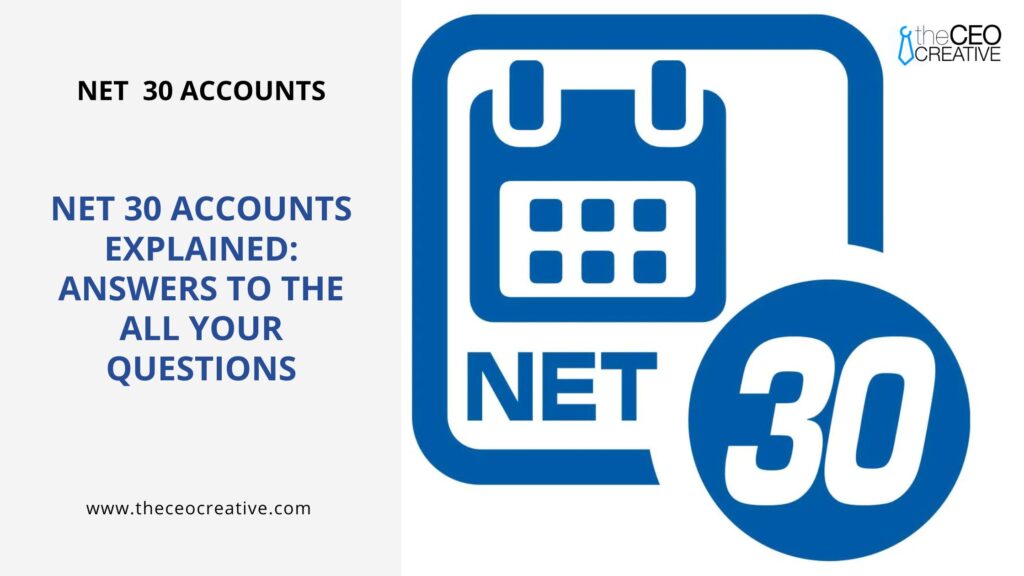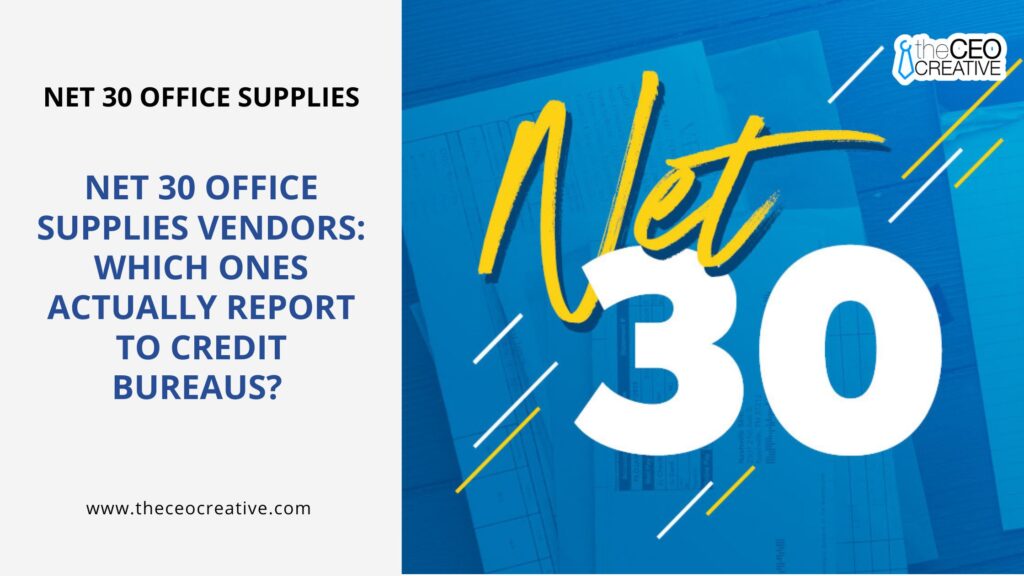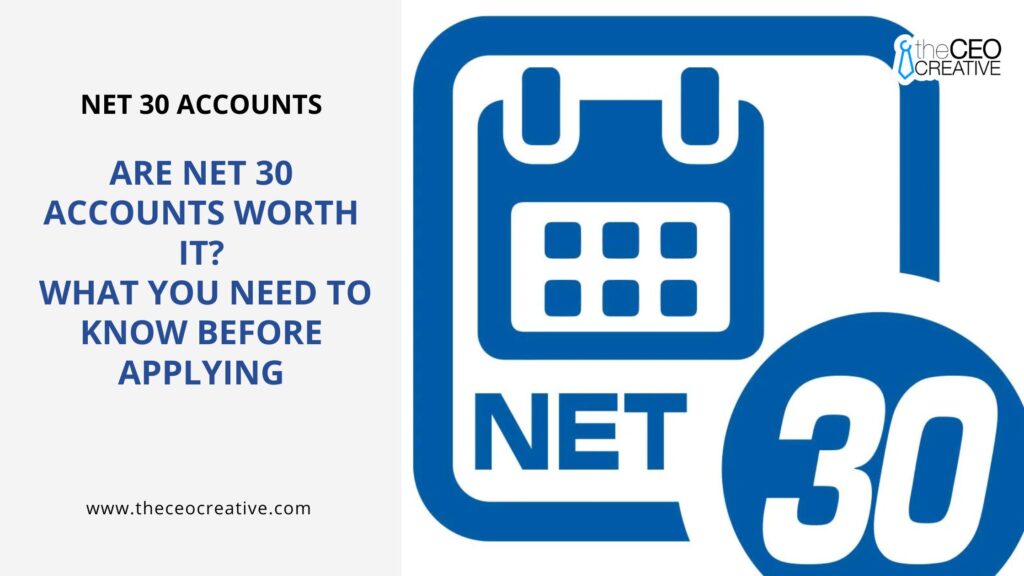Hey there, business owner!
Sometimes figuring out business credit can feel a bit like solving a puzzle, doesn’t it?
A key part of that puzzle is understanding payment terms like NET 30. If you’ve ever worried about whether paying those NET 30 invoices late could negatively impact your business credit, you’ve come to the right spot.
Today, we’re going to dig into how late payments affect your credit score and what that could mean for your company’s financial health.
Let’s break this down together!
The Basics of Payment Terms of Net 30
Before diving into the consequences, it’s essential to revisit what Net 30 really means. This term gives buyers 30 days to clear an invoice after receiving goods or services. It’s one of the most common payment arrangements in business-to-business transactions.
On the surface, it seems simple. You order a product, use it, then pay for it within a month. But when payments fall behind, the story changes. Vendors may note delays, late fees may pile up, and in some cases, your business credit could take a hit.
Does Paying NET 30 Late Really Hurt Credit?
Yes, it can—but the impact depends on several factors. Not every supplier reports late payments, but those that do can make them visible on your credit profile. That information could affect how lenders and other vendors see your business.
Think about it this way: would you lend money to someone with a record of paying late?
Probably not.
Vendors and creditors use the same logic. Timely payments signal reliability, while repeated lateness creates doubt.
The Consequences of Paying NET 30 Late
Managing your business finances with precision is crucial, and sticking to payment terms like NET 30 is a vital part of this. But what happens if you pay late?
Let’s look at the potential repercussions across different areas.
Impact on Business Credit Score
If your payments are consistently late, it can negatively impact your business credit score. Think of it like your personal credit score – it helps lenders figure out how trustworthy your business is when it comes to handling credit.
When payments get overdue, they might get reported to those credit agencies, which will likely lower your score. This doesn’t just send a bad message about how responsibly you handle finances; it can also make it harder to obtain loans or financing in the future.
And if your score takes a hit, you might find it tougher to negotiate good terms on loans or credit lines, which could really slow down your business’s growth.
Potential for Increased Interest Rates
Okay, here’s another potential issue you might run into: higher interest rates. How does that happen?
Well, if your business credit score takes a hit because of late NET 30 payments, lenders will likely see you as a riskier borrower. To protect themselves, they might then charge you higher interest rates on any new loans you apply for, or even on loans you already have.
Over time, this can add up and cost your business more money, essentially making every loan a more expensive deal and putting a strain on your finances.
Loss of Vendor Trust and Relationships
Plus, there’s the knock-on effect on your relationships with suppliers. If a supplier notices your payments are always late, they’re likely to start doubting how reliable you are. That’s risky territory, because a good working relationship with a supplier really depends on trust and mutual respect.
Messing that up could mean you end up with worse payment terms down the line, or you might even lose the supplier altogether. In dire situations, it could actually disrupt your business if a vital supply gets cut off suddenly.
Can Late NET 30 Payments Be Reversed?

We’ve all been in that situation, right?
You may have forgotten about a payment deadline, or you were simply waiting for a payment to be credited to your account. It happens. But when that late payment ends up hurting your business credit, it can feel pretty rough.
So, you’re probably asking yourself, ‘Is there any way to fix things after a late NET 30 payment?’
The short answer is that you can’t simply erase a late payment once it’s on the books. However, there are steps you can take to make the best of a bad situation, minimize the fallout, and rebuild trust.
Steps to Take After a Late Payment
- Get in Touch Right Away: As soon as you realize you paid late, the first thing to do is get in touch with your vendor or supplier. Be upfront about what happened and let them know you’re committed to fixing it. Often, just showing that you value your relationship can go a long way toward getting some leeway.
- Ask for a Goodwill Waiver: If you’ve always been a good customer and paid on time in the past, it can’t hurt to ask for a little grace. Some businesses might be willing to give you a pass on this one late payment and not report it to the credit bureaus. It’s not a sure thing, but it’s definitely worth asking!
- Make Sure There’s No Mix-Up: Double-check that there haven’t been any errors in the payment records. Everyone makes mistakes, and sometimes a payment might be mistakenly marked as late due to a processing error. Compare your records with theirs to make sure everything matches up.
- Pay What You Can: If full payment isn’t immediately possible, consider offering a partial payment as a gesture of good faith. Establish a defined plan to pay off the balance, which could be beneficial during negotiations.
How to Prevent Late NET 30 Payments

While having a safety net is essential, prevention is actually half the battle when it comes to managing NET 30 terms effectively. By adopting proactive strategies, you can steer clear of the stress and hassle of late payments.
Automating Payments and Financial Tools
– Automate Your Payments: The easiest way to make sure you don’t miss a payment deadline is to set up automatic payments. It takes the guesswork out of remembering, so your payments are always sent right on time.
– Get Help from Financial Software: There are tons of great financial tools out there that can really streamline your money management. Try using accounting software that can track invoices, send you reminders, and even schedule payments for you to keep everything running smoothly.
– Keep Business and Personal Finances Separate: Using a dedicated bank account just for your business makes bookkeeping way easier and guarantees that you’ll always have the money you need to cover business expenses, like those NET 30 invoices.
Setting Clear Payment Reminders
Calendar Alerts: A smart move is to use your digital calendar to set reminders about bills that are coming due. You can receive these reminders as alerts on your phone, via email, or as pop-ups on your computer.
Delegate Task: Hand over the job of managing bill payments to a dependable team member. Having someone else on the hook for this task really helps make sure bills get paid on time.
Evaluate Payment Terms Regularly: Periodically, it’s a good idea to review the payment terms you have with your suppliers. Ensure they still align with your current financial situation. If necessary, don’t hesitate to ask for better terms.
Conclusion
Okay, so just to recap what we found out: paying those Net 30 invoices late isn’t a good idea, as it can significantly impact your business credit score. Even though those terms might seem fairly lenient, lenders may view a pattern of late payments as a red flag, possibly even more problematic than it appears on the surface.
We also discussed how you could end up with higher interest rates on loans, face stricter credit terms, or even be denied credit altogether. But hey, no need to panic—keeping up with your payments can help you avoid all of these potential headaches!
Ready to Strengthen Your Business Credit?
Don’t let late payments hold your business back. With the right partner, you can manage Net 30 terms smoothly and use them as a growth tool. The CEO Creative offers streamlined Net 30 accounts, resources to build business credit, and support designed to help you thrive.
Take control of your cash flow today with The CEO Creative—your partner in building credit and fueling business growth.


